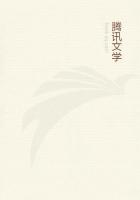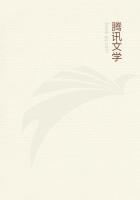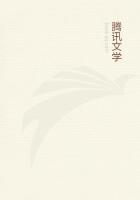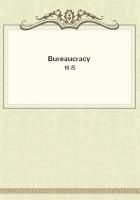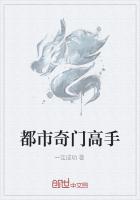It was ruffian torturing ruffian.The conqueror considered the conquered, not as his prisoner, but his property.He led him in triumph rattling in chains, and doomed him, at pleasure, to slavery or death.As time obliterated the history of their beginning, their successors assumed new appearances, to cut off the entail of their disgrace, but their principles and objects remained the same.What at first was plunder, assumed the softer name of revenue; and the power originally usurped, they affected to inherit.
From such beginning of governments, what could be expected but a continued system of war and extortion? It has established itself into a trade.The vice is not peculiar to one more than to another, but is the common principle of all.There does not exist within such governments sufficient stamina whereon to engraft reformation;and the shortest and most effectual remedy is to begin anew on the ground of the nation.
What scenes of horror, what perfection of iniquity, present themselves in contemplating the character and reviewing the history of such governments! If we would delineate human nature with a baseness of heart and hypocrisy of countenance that reflection would shudder at and humanity disown, it is kings, courts and cabinets that must sit for the portrait.Man, naturally as he is, with all his faults about him, is not up to the character.
Can we possibly suppose that if governments had originated in a right principle, and had not an interest in pursuing a wrong one, the world could have been in the wretched and quarrelsome condition we have seen it? What inducement has the farmer, while following the plough, to lay aside his peaceful pursuit, and go to war with the farmer of another country? or what inducement has the manufacturer? What is dominion to them, or to any class of men in a nation? Does it add an acre to any man's estate, or raise its value? Are not conquest and defeat each of the same price, and taxes the never-failing consequence?-Though this reasoning may be good to a nation, it is not so to a government.
War is the Pharo-table of governments, and nations the dupes of the game.
If there is anything to wonder at in this miserable scene of governments more than might be expected, it is the progress which the peaceful arts of agriculture, manufacture and commerce have made beneath such a long accumulating load of discouragement and oppression.It serves to show that instinct in animals does not act with stronger impulse than the principles of society and civilisation operate in man.Under all discouragements, he pursues his object, and yields to nothing but impossibilities.
CHAPTER III
Of the Old and New Systems of Government Nothing can appear more contradictory than the principles on which the old governments began, and the condition to which society, civilisation and commerce are capable of carrying mankind.
Government, on the old system, is an assumption of power, for the aggrandisement of itself; on the new, a delegation of power for the common benefit of society.The former supports itself by keeping up a system of war; the latter promotes a system of peace, as the true means of enriching a nation.
The one encourages national prejudices; the other promotes universal society, as the means of universal commerce.The one measures its prosperity, by the quantity of revenue it extorts; the other proves its excellence, by the small quantity of taxes it requires.
Mr.Burke has talked of old and new whigs.If he can amuse himself with childish names and distinctions, I shall not interrupt his pleasure.It is not to him, but to the Abbe Sieyes, that I address this chapter.I am already engaged to the latter gentleman to discuss the subject of monarchical government; and as it naturally occurs in comparing the old and new systems, I make this the opportunity of presenting to him my observations.I shall occasionally take Mr.Burke in my way.
Though it might be proved that the system of government now called the new, is the most ancient in principle of all that have existed, being founded on the original, inherent Rights of Man: yet, as tyranny and the sword have suspended the exercise of those rights for many centuries past, it serves better the purpose of distinction to call it the new, than to claim the right of calling it the old.
The first general distinction between those two systems, is, that the one now called the old is hereditary, either in whole or in part; and the new is entirely representative.It rejects all hereditary government:
First, As being an imposition on mankind.
Secondly, As inadequate to the purposes for which government is necessary.
With respect to the first of these heads- It cannot be proved by what right hereditary government could begin; neither does there exist within the compass of mortal power a right to establish it.Man has no authority over posterity in matters of personal right; and, therefore, no man, or body of men, had, or can have, a right to set up hereditary government.Were even ourselves to come again into existence, instead of being succeeded by posterity, we have not now the right of taking from ourselves the rights which would then be ours.On what ground, then, do we pretend to take them from others?
All hereditary government is in its nature tyranny.An heritable crown, or an heritable throne, or by what other fanciful name such things may be called, have no other significant explanation than that mankind are heritable property.To inherit a government, is to inherit the people, as if they were flocks and herds.
With respect to the second head, that of being inadequate to the purposes for which government is necessary, we have only to consider what government essentially is, and compare it with the circumstances to which hereditary succession is subject.

